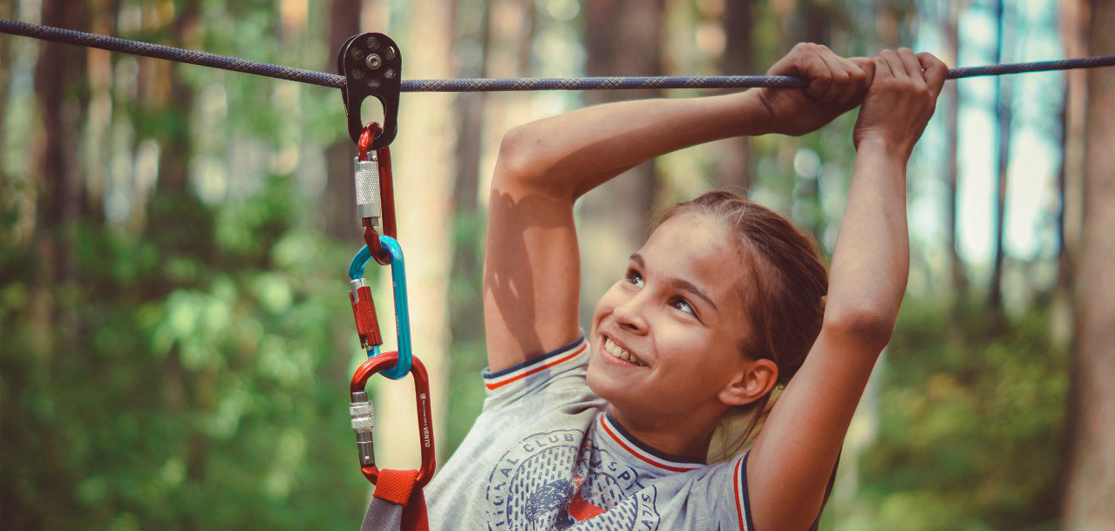Since 2005 the Regional Youth Public Organisation Opora in the Mari El Republic runs an international summer camp in tents, TRAMPLIN, for children from difficult social background.
The aim of the camp is to provide children from difficult social background with an opportunity to socialise through education and group activities organised by an international group of volunteers.
The volunteers of the camp are professionally trained sport instructors, a creative group of camp leaders, psychologists, a medic, a cook and a guardian. The camp team goes through a specific training for the successful supervision and coordination of the educational process of the whole group. This ensures the resocialization of the children and teenagers through the organization of a complex set of activities and events based on the principle of horizontal peer education, and the enabling of healthy social connections
Since 2010 international volunteers are invited in the framework of the SCI (Service Civil International). The programme of the camp includes the management by volunteers of seminars on foreign cultures and languages, as well as the possibility for children to practice language skills in a non-formal way with the international volunteers.
The camp TRAMPLIN is for the children a unique experience to get acquainted with various types of active lifestyles, to understand responsibly the issues of personal safety and health and to make new friends outside of the walls of the orphanages. In the programme of the camp: rope course, boating school, orienteering, obstacles path, trainings, and games and activities for self-development. The participants face various obstacles and difficulties (close enough to real life situations) and by overcoming them they learn to achieve goals that they set for their life.
The participation of children from difficult social background in the international camp TRAMPLIN broadens their horizons and raises tolerance in their relationships with people from different cultures; it also allows them to maintain a healthy relationship with the volunteers; it gives them perspectives of further communication and cooperation, and more generally it enables to solve the problem of social adaptation that children of this social group face.







